Is there a way to define the cardinality in OWL across several properties? The usual syntax would be property min number class. I would like to do (property1, property2) min 2 class.
Example: I have a sender with several characteristics (Assistance, Meeting). But the Objectproperty/relation to each characteristic is different (has vs. wants).
All characteristics are grouped in one class.
An Attacker is defined as a Sender who has minimum two Characteristics (Characs)

As seen in the first picture, the reasoner does not infer the individual Sender to be an Attacker. However, when the Assist property is changed, it is inferred.
Is there a way to define Attacker with a one cardinality over various Objectproperties? I checked the OWL references and there is no syntax pointing to such a solution. Maybe there is a workaround by designing the ontology differently?
I could just have one property in this ontology as a trick to use the cardinality. But I don't think that is the intention of ontologies. Would work for the use case but is not elegant at all.


